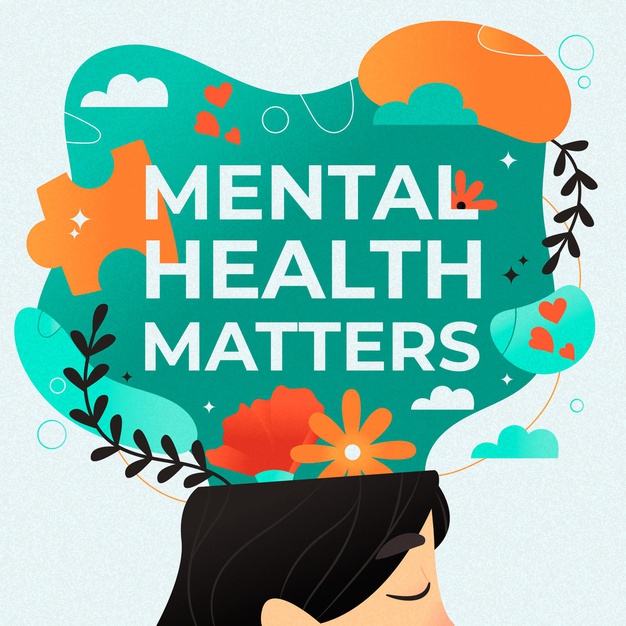
In recent times, intermittent fasting has been hailed as a great way to lose weight and improve your physical health. But what many people don’t know is that it’s also associated with many mental health benefits! Intermittent fasting is a type of eating pattern that alternates between periods of eating and periods of fasting. Rather than specifying what you are allowed to eat like most diets do, intermittent fasting simply specifies the hours of the day that you can eat. Check out five of the awesome effects that intermittent fasting has on your mental health below, and find more advice regarding mental health and wellness at MyTherapist.
A Note Regarding Intermittent Fasting
Although intermittent fasting can have amazing effects for your physical and mental health, it’s always best to consult with your doctor before beginning any new diet plan. In addition, there are many different types of intermittent fasting to choose from. Some limit you to eating during an eight-hour period, while others involve fasting for longer periods of time. Which version of intermittent fasting is best for you depends on many different factors, and your doctor should be able to help you decide which option is best for you.
5 Mental Health-Enhancing Effects of Intermittent Fasting
Intermittent fasting comes with great physical health results, but what is not as widely known are its mental health-enhancing effects.
Intermittent fasting triggers the brain’s self-cleaning process.
Also known as autophagy, the brain’s self-cleaning process is triggered by the eating pattern of intermittent fasting. During autophagy, the old and damaged cells in your brain are cleared out and replaced with new and healthier cells. Your brain is detoxified and any debris is swept away. Since problems with this self-cleaning process are associated with issues such as depression, bipolar disorder, and Alzheimer’s, improving autophagy can help relieve these types of afflictions.
Intermittent fasting can improve your memory.
By restricting the hours that you eat during the day, your memory can improve, especially if you engage in intermittent fasting long-term! Along with improved memory, overall cognition improves as well. Since intermittent fasting reduces inflammation in the brain, you’ll notice that “brain fog” clears and you’re able to think much more clearly, with enhanced focus and concentration.
Intermittent fasting can boost your mood.
Sticking to a pattern of intermittent fasting in the long-term can have wonderful effects on your mood. Not only does intermittent fasting give your mood a boost, but it also helps to cut back on feelings of confusion, anger, and tension. Your emotional wellbeing is likely to improve quite a bit thanks to intermittent fasting, as long as you’re willing to maintain your pattern of fasting and eating on a consistent basis.
Intermittent fasting can reduce anxiety and depression.
Many studies, even some going back to the 1970s, have shown that intermittent fasting can have a positive effect on the symptoms caused by mental disorders such as anxiety and depression. It is thought that this may be because of the effect fasting has on the neurotransmitter serotonin. Serotonin plays a role in regulating your mood, happiness, and overall well-being. Although relief from anxiety and depression is not 100% guaranteed with adherence to intermittent fasting, many studies do suggest that those who stick to intermittent fasting can experience a reduction in these mental health disorders.
Intermittent fasting can delay the negative effects of aging.
Intermittent fasting slows down the degradation of DNA, or the process of DNA being ruined or damaged. DNA degradation is a normal part of aging, and because intermittent fasting reduces the speed of this process, it can actually delay many of the negative cognitive effects that are associated with aging. In addition, fasting accelerates DNA repair, further protecting against the negative cognitive effects of aging as well as diseases like Alzheimer’s and dementia.
Main Takeaways
Intermittent fasting not only has a positive effect on your physical health, but it can also vastly improve your mental health! By sticking to a schedule that alternates between periods of eating and periods of fasting, you’ll trigger the brain’s self-cleaning process and improve your memory and focus. In addition, intermittent fasting can boost your mood and even reduce anxiety and depression. Plus, this pattern of fasting and eating can even slow down the negative cognitive effects of the aging process!
Please note that while intermittent fasting can be very beneficial for many people, it’s not healthy for everyone. Therefore, please consult with a medical professional before jumping into intermittent fasting.